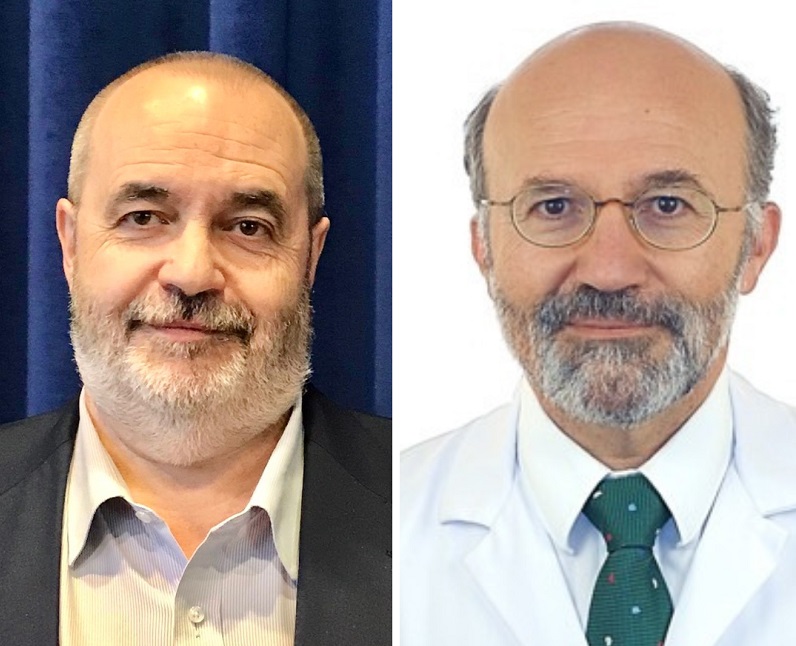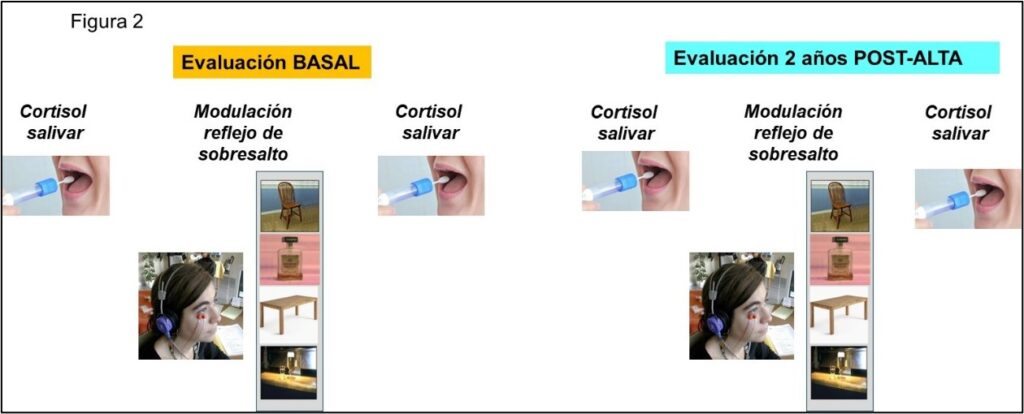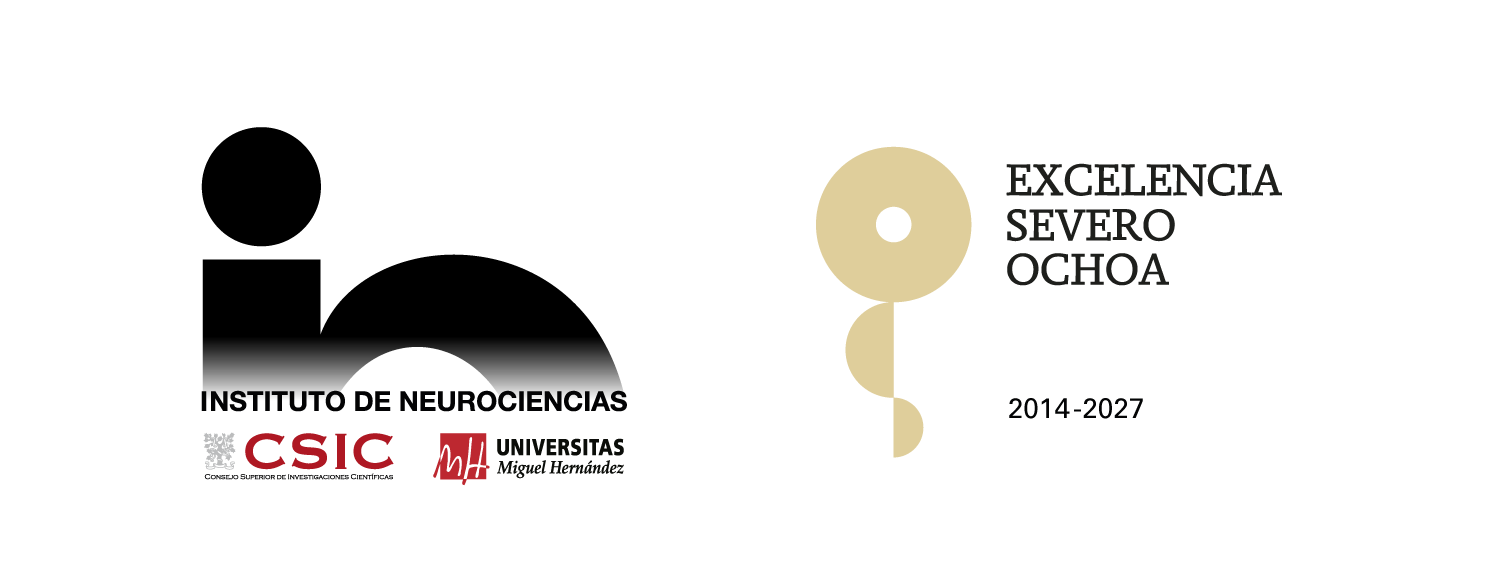A study involving UMH highlights the need to rethink alcohol addiction treatments
11 de July de 2025
Two years after completing a treatment program, individuals with moderate to severe alcohol dependence continue to show high reactivity to alcohol-related stimuli and remain at risk of relapse. This is the main finding of a new study published in Frontiers in Psychiatry, led by Professor Gabriel Rubio from the Complutense University of Madrid, in collaboration with Professor Jorge Manzanares from the Miguel Hernández University of Elche (UMH). The results suggest a need to reconsider both the duration and the approach of current treatment strategies. For this reason, experts recommend implementing long-term recovery support programs.

Photo: Professor Jorge Manzanares from the Miguel Hernández University (UMH) of Elche (left) and Professor Gabriel Rubio from the Complutense University of Madrid (left).
According to the researchers, it is possible to assess the presence of certain biological markers of addiction. In this study, the cortisol response was measured when patients were exposed to alcohol-related images. Cortisol is a hormone released by the body in response to stress. The results show that reactivity to alcohol cues and cortisol levels before and after viewing these images do not significantly change, even after years of abstinence. “Cortisol is a good indicator of the impact a stimulus has on the body, and we’ve observed that its concentration increases when someone is exposed to images or situations their brain associates with alcohol”, explains Professor Manzanares, who conducts his research at the Institute for Neurosciences, a joint center between UMH and the Spanish National Research Council (CSIC).
“This type of reactivity occurs automatically, without the person consciously wanting to drink”, adds Dr. Rubio. According to the experts, the problem is not so much having "high cortisol levels" as it is a malfunctioning stress response system. This response pattern, known as a blunted cortisol response, is a sign of stress axis overload. “In other words, a person with alcohol addiction, even while abstinent, has a chronically activated stress response, which makes them more likely to prioritize alcohol use and relapse,” the researchers explain.
Furthermore, the study found that this alteration was more pronounced in men and in individuals who had relapsed during the process, suggesting that vulnerability to stress may persist over time. “Considering that salivary cortisol testing is simple and non-invasive, it could be used as a tool to identify those at higher risk of relapse or stress-related health issues”, notes the UMH Professor of Pharmacology.
The study evaluated 154 patients from the Alcoholism Treatment Program at the 12 de Octubre University Hospital (Madrid) at two moments: at the start of treatment and two years after its completion. Symptoms of anxiety, depression, and impulsivity decreased over time. In contrast, reactivity to alcohol-related visual stimuli and cortisol responses remained unchanged. Moreover, patients continued to show marked differences compared to a control group without addiction issues.

Psychiatrist Gabriel Rubio, from the 12 de Octubre University Hospital and researcher at the Complutense University, emphasizes that these findings confirm the chronic nature of Alcohol Use Disorder: “The results highlight that stopping drinking does not mean one has recovered from addiction. The traces left by alcohol in the brain require sustained recovery strategies for at least five years, tailored to the individual”. According to the expert, it is crucial to implement continuous care programs that support individuals in recovery within their usual environment, to prevent relapse and strengthen value-based recovery.
This research was funded by project PI22/00355 of the Carlos III Health Institute (ISCIII), co-financed by the European Union. It also received support from the Regional Mental Health Office of the Community of Madrid, the Federation of Former Alcoholics of the Community of Madrid, and the Primary Care Addiction Research Network (RIAPAd). Part of the study was conducted at the UMH-CSIC Institute of Neurosciences, which holds the Severo Ochoa Center of Excellence designation (CEX2021-001165-S).
Access to the article: Rubio, G., Marin, M., Martín-Arriscado Arroba, C., Rubio-Escobar, E., Arias, F., Torregrosa, A. B., & Manzanares, J. "Changes in neurobiological markers of reactivity to alcohol-related stimuli in alcohol-dependent patients after two years of treatment." Frontiers in Psychiatry, 16, 1613169.
DOI: https://doi.org/10.3389/fpsyt.2025.1613169
Source: UMH Communication Service (comunicacion@umh.es)

 Español
Español